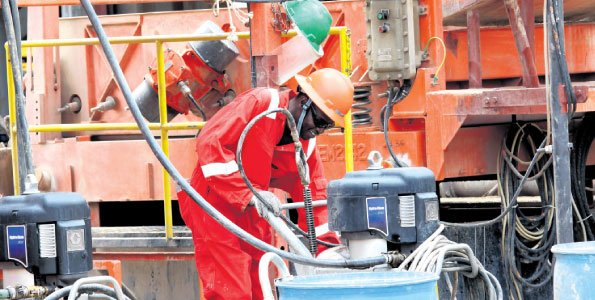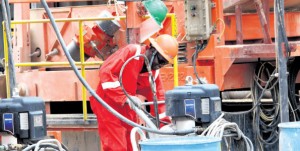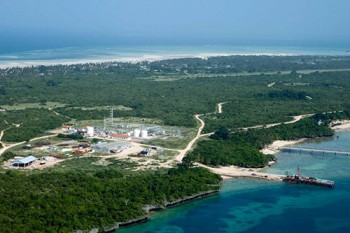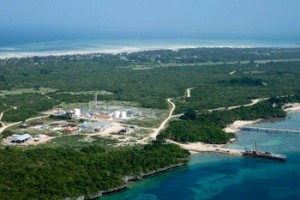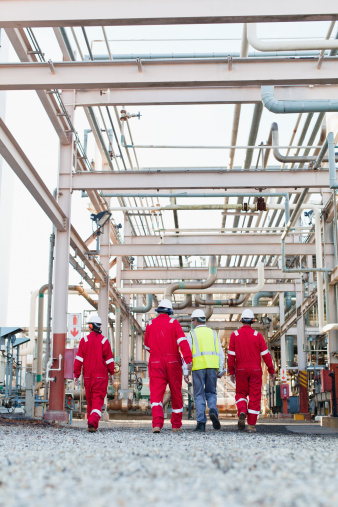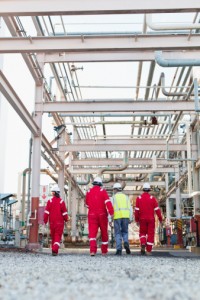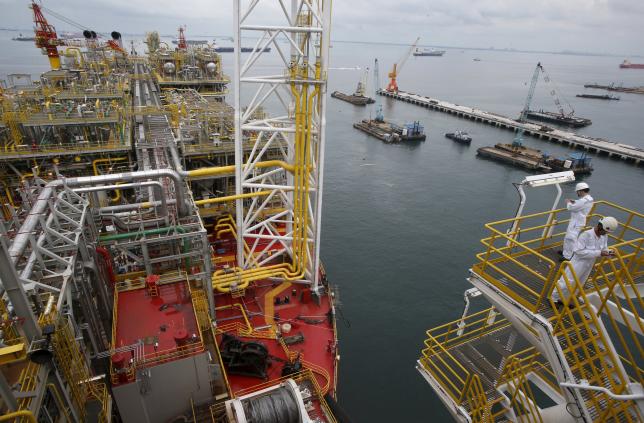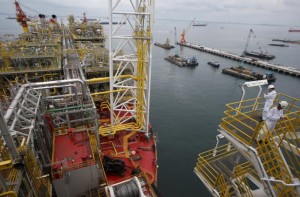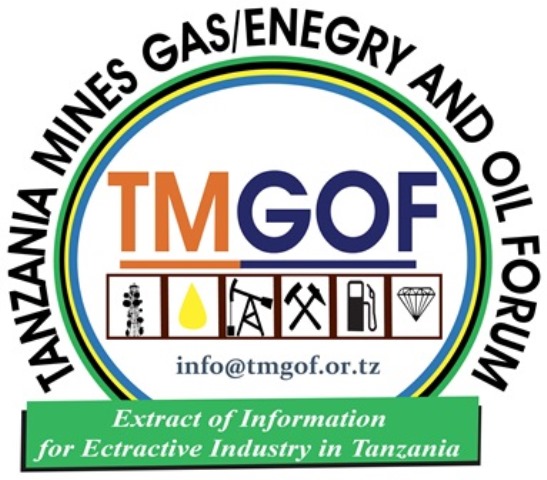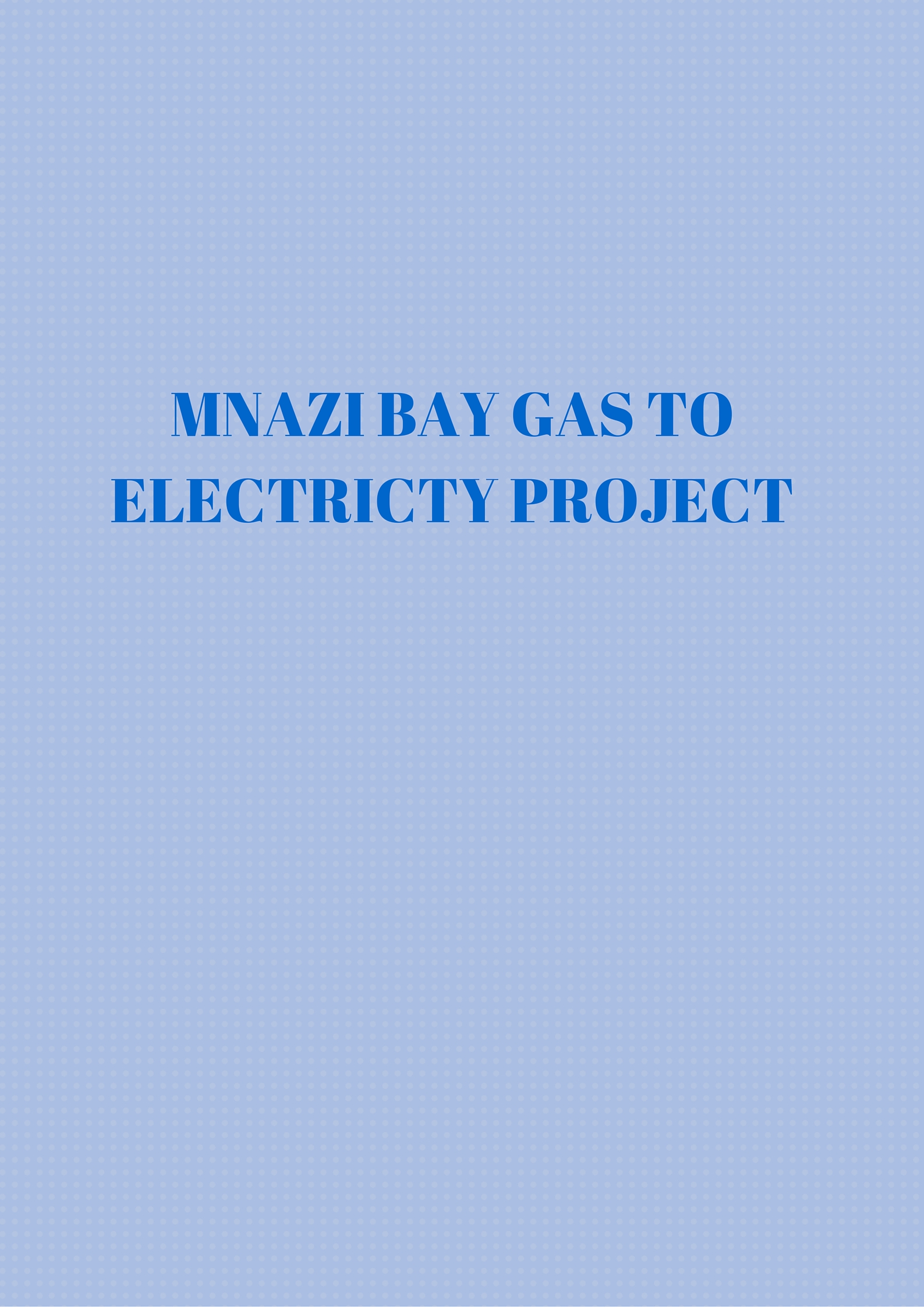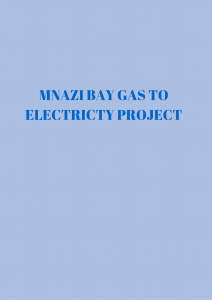
After joining the league of oil producing nations, Ghana’s uphill task was to manage the high expectation that suddenly oil discovery holds the panacea for the country problems— from unemployment to more revenue translating to huge economic gains.
The high expectations were as a result of the unavailability of information to Ghanaians and even prospective industry players on the industry.
The celebration that characterised the announcement of the discovery of oil in commercial quantities in 2007 is today making things worse as people still asked the question “where is the oil money.”
The announcement of millions of barrels oil find in 2007 flung the nation into a state of ecstasy when politicians and other state officials highlighted the economic salvation that the oil find was likely to bring.
Among them was the pronouncement of former President John Agyekum Kufuor, in his interview with the foreign press, that Ghana would become an ‘African Tiger’ and the discovery would make the country ‘fly’ by giving it the needed boost to improve its economy drastically.
President Kufuor further emphasised the monetary value of oil and stated that the money was needed to build schools, roads and hospitals.
In the run-up to the 2008 elections, the major political parties all made big promises targeted at the burgeoning petrochemical industry in the Western Region. Key promises were made regarding the creation of jobs through the establishing of petrochemical, fertiliser and liquefied petroleum gas industries.
Almost a decade
On the back of these high expectations, triggered by speculative pronouncements almost a decade after the discovery and production gave many Ghanaians a false hope.
Benchmark revenue dipped, transfers to the holding funds also dipped, which triggered the depletion of the Stabilisation Fund.
In the oil and gas sector, having all Ghanaians on the same page is essential to a highly efficient stakeholder engagement.
Though the Petroleum Revenue Management Act 815, 2011 provides that for the purposes of accountability and transparency, petroleum receipts, in whatever form, shall be published in the Gazette and at least two state own newspapers within 30 calendar days after the end of applicable quarter.
The Act went further to state that the Minister of Petroleum shall publish the total petroleum output lifted, and the reference price in the same manner online, which seems to be the perfect steps towards holistic governance principles on the part of the agent (government) towards the shareholders (people of Ghana).
If what is published per the dictates of the Act and a large number of Ghanaians are unaware of key information due to technicalities, they would be unable to see the benefits of the industry and the dynamics of price hike and its dips.
However, in upholding the rules prescribed in the Act, there seem to be what we call short-termism or the tendency to foreshorten the information horizon applied to investment decision.
The people of Ghana, who are the resource owners, are faced with the reduction in shareholders’ welfare and also incur agency cost which arise as a result of the shareholders attempt to monitor and know what is going in the industry.
Bridging the gap
Publishing of total petroleum receipts, lifting and the reference price on the website of the Ministry of Finance will be difficult to digest by majority of people of Ghana.
For all to appreciate what comes in as petroleum revenue and mode of disbursement, in accordance to Article 36 of the 1992 Constitution, there is the need for bridging the information gap.
Information about the industry needs to be brought down to level of the trader at the market who does not understand what is published on the website of the Ministry of Finance.
For instance, oil companies in Tanzania and the government translate the contents to Swahili and other dominant local languages for people to appreciate the trends.
In the condition of an ‘ideal speech’ situation, managers of the funds or revenue from the oil and gas sector must work towards a common goal.
The process should be devoid of technical presentations, and all the stakeholders should be on the same page.
The celebration of oil
It is important to note that Ghanaians are aware of the lapses in the issues of the extractive sector from the days of gold, timber, bauxite and manganese, and it is, therefore, critical to ensure education to raise consciousness to encourage mutual disclosures between government through critical and healthy debate.
That will ensure understanding, rather than mere words that will not bring transformation.
The Act is expected to provide the framework for the collection, allocation and management of the revenue in a responsible, transparent, accountable and sustainable manner for the benefit of the citizenry.
It is good that Ghana took steps ahead of many nations to put in place a Petroleum Revenue Management Act.
However, there is the need to do more to ensure an enhanced reporting system since reporting the petroleum receipts are not enough, but must go with corresponding sustainability reporting to provide stakeholders with additional information.
It is, therefore, important to ensure free flow of accurate information about the petroleum receipts and expenditure instead of allowing politicians to tell the electorate the embellished truth skewed for political



